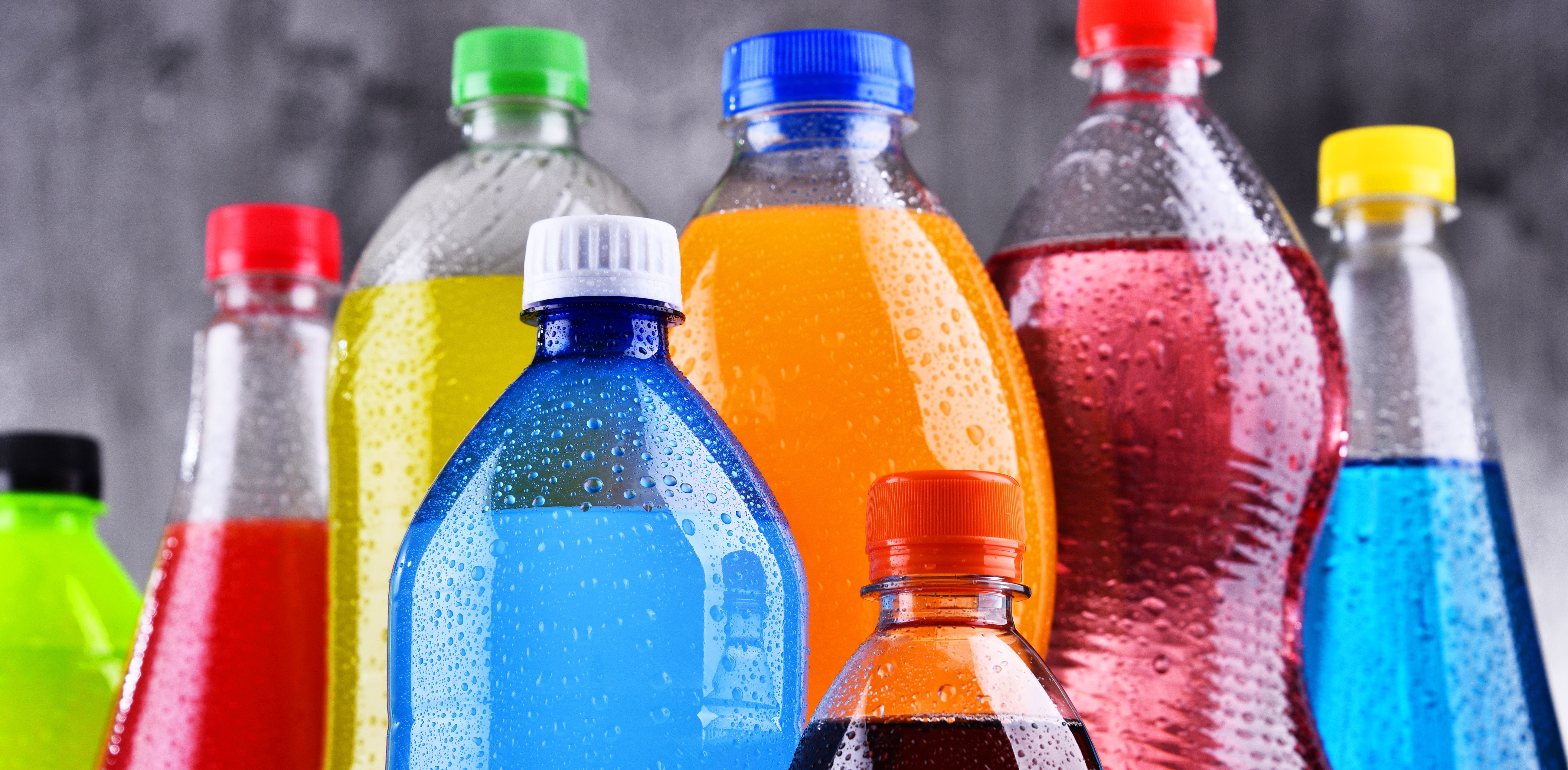News
Article
Study Confirms Association Between Soft Drink Consumption, Weight Gain in Adolescents
Author(s):
Researchers recommend reducing soft drink consumption and increasing physical activity to begin minimizing this widespread issue.
Consuming soft drinks, or sugar-sweetened beverages, is often associated with weight gain. As soft drink consumption has grown worldwide, the prevalence of overweight and obese children, adolescents, and adults has increased as well. Although previous studies have provided evidence that the consumption is a factor in weight gain, specific information surrounding adolescents, who are increasingly targeted by the soft drink industry, is somewhat unknown.
Assorted carbonated soft drinks | monticellllo | stock.adobe.com

In a recent cross-sectional study, 405,528 adolescents enrolled in school from 107 countries and regions were examined to determine the prevalence of daily soft drink consumption and overweight and obesity. Data on both soft drink consumption and overweight and obesity were collected from 3 school-based surveys: the Global School-Based Student Health Survey (GSHS), the European Health Behavior in School-Aged Children (HBSC [Europe]) study, and the US National Youth Risk Behavior Survey (YRBS [US]), with surveys being conducted on a representative sample of a national population.
Additional covariates examined were the students’ age, sex, daily fruit and vegetable consumption (defined as eating fruits and vegetables 1 or more times per day), and physical activity (defined as being physically active for a minimum of 60 minutes per day, at least 5 of the 7 days the study was conducted). The countries’ income group and soft drink were also taken into consideration.
Study findings indicated that soft drink consumption was associated with the prevalence of overweight and obesity, suggesting that the reduction of soft drinks is helpful in lowering adolescent overweight and obesity. Of the students involved in the study, 32.9% had reported they consume soft drinks 1 or more times a day, of which 17.2% were considered either overweight or obese. The prevalence of overweight and obesity among adolescents varied from 3.3% (Cambodia) to 64.0% (Niue). Further, the consumption of soft drinks 1 or more times per day varied from 3.3% (Iceland) to 79.6% (Niue).
A potential factor influencing the association is the decrease in satiety when soft drinks are consumed which results in an inadequate energy intake compensation following meals after the ingestion of liquid calories, leading to weight gain. Further, the high levels of added sugar in soft drinks can lead to excess energy intake which promotes weight gain.
Of the 107 countries and regions included in the study, 65 were considered low- and middle-income, of which 32 had soft drink taxes in place. The high-income countries were more likely to have soft drink taxes implemented, with 18 of the 42 (42.9%) having them in place (compared to 14 of 65 low- and middle-income countries [21.5%]). Compared to countries without taxes on soft drinks, results indicated that there is a weaker association between daily soft drink consumption and overweight and obesity among school-going adolescents in countries that have these taxes implemented.
These findings suggest that action should be taken to reduce the amount of sugar consumed, particularly in the low- and middle-income countries without soft drink taxes implemented. Researchers emphasize that additional strategies such as reducing saturated fat and calorie intake and increasing physical activity can be positive influences.
Limitations of the study include inconsistent recall period (HBSC [Europe] study and YRBS [US] asked about consumption based on a 7-day recall period, whereas GSHS asked for a 30-day recall period), the cross-sectional design of the study, and the results’ ability to be impacted by unmeasured factors (e.g., eating patterns and family factors). Further, data on food and drink consumption are self-reported and subject to social desirability bias.
Reference
Hu H, Song J, MacGregor GA, et al. Consumption of Soft Drinks and Overweight and Obesity Among Adolescents in 107 Countries and Regions. JAMA Netw Open. 2023;6(7):e2325158. doi:10.1001/jamanetworkopen.2023.25158
Newsletter
Stay informed on drug updates, treatment guidelines, and pharmacy practice trends—subscribe to Pharmacy Times for weekly clinical insights.





